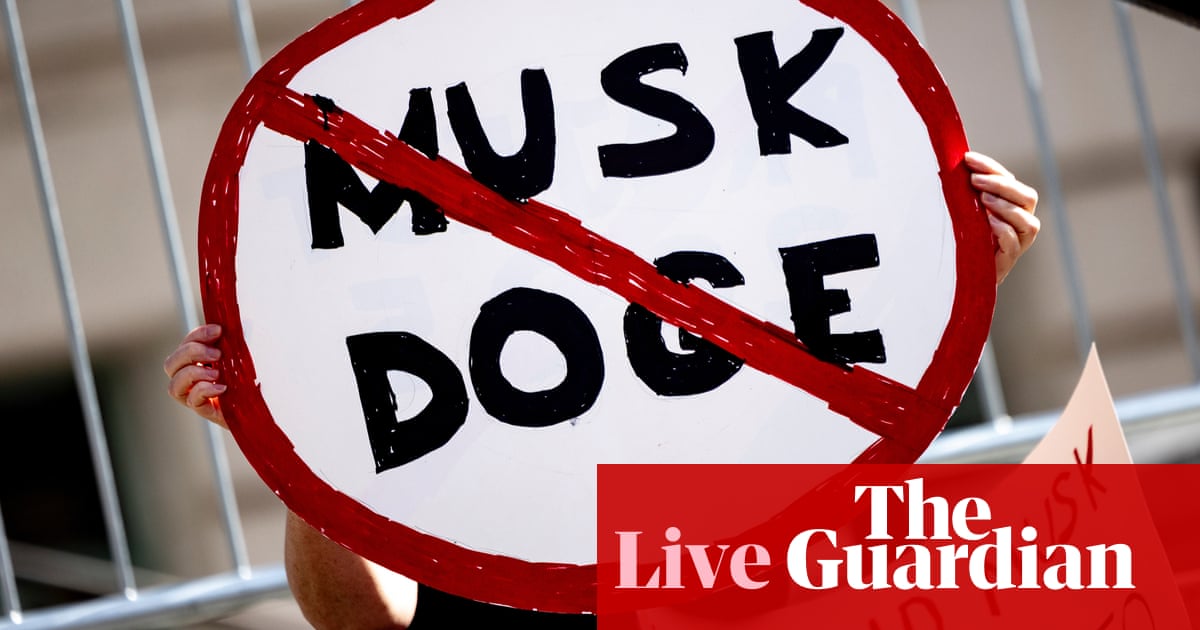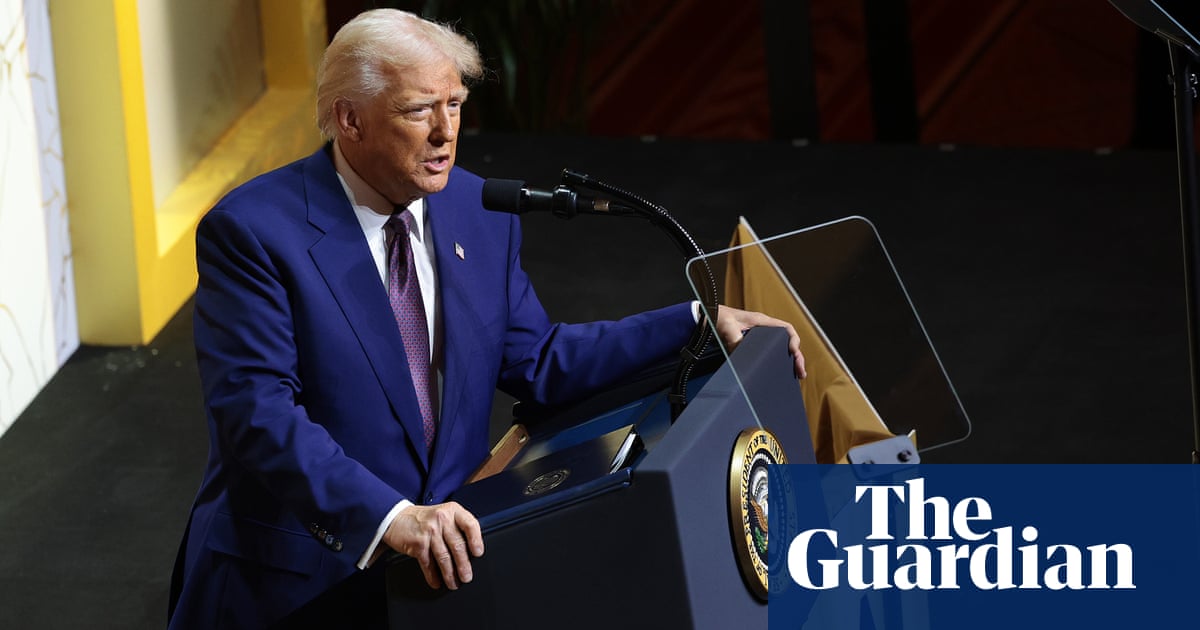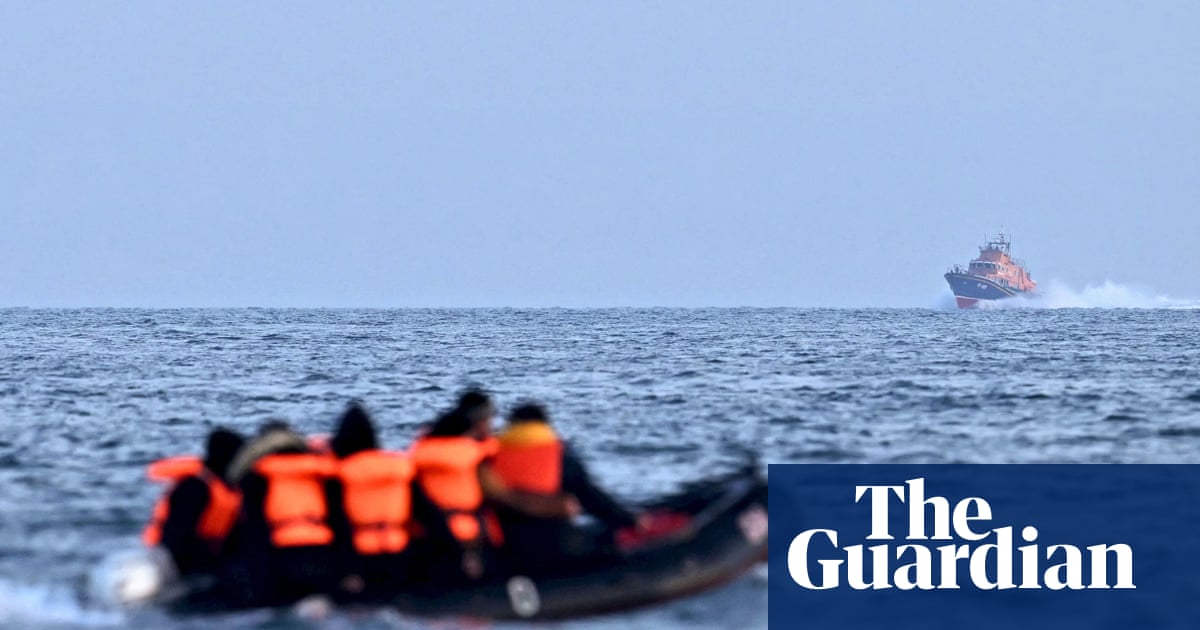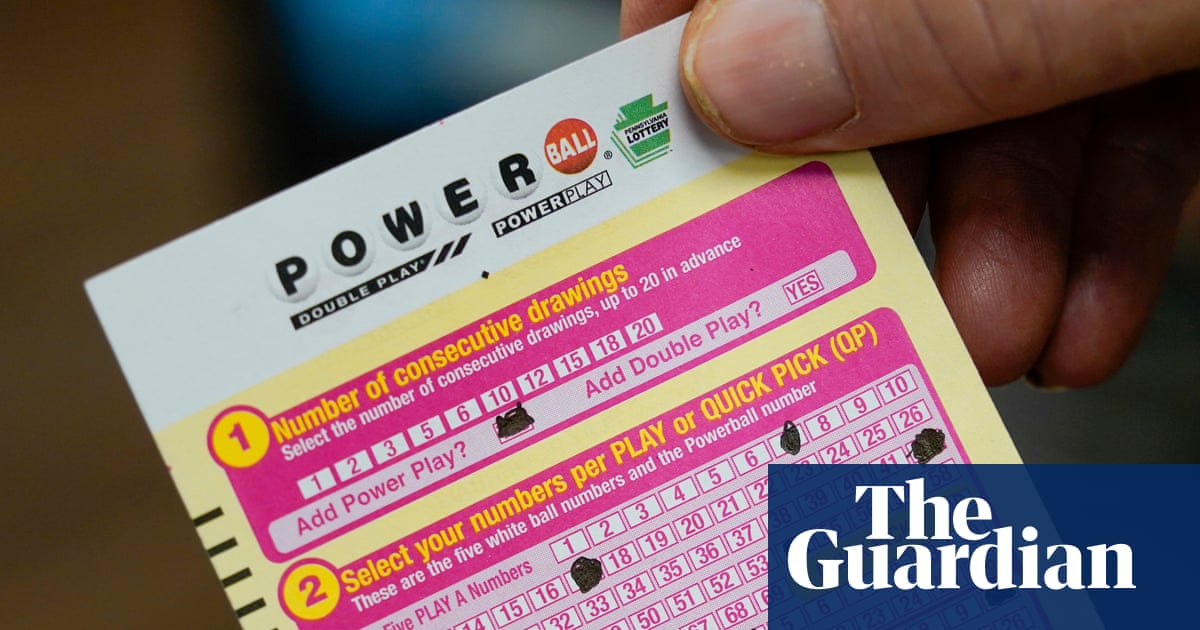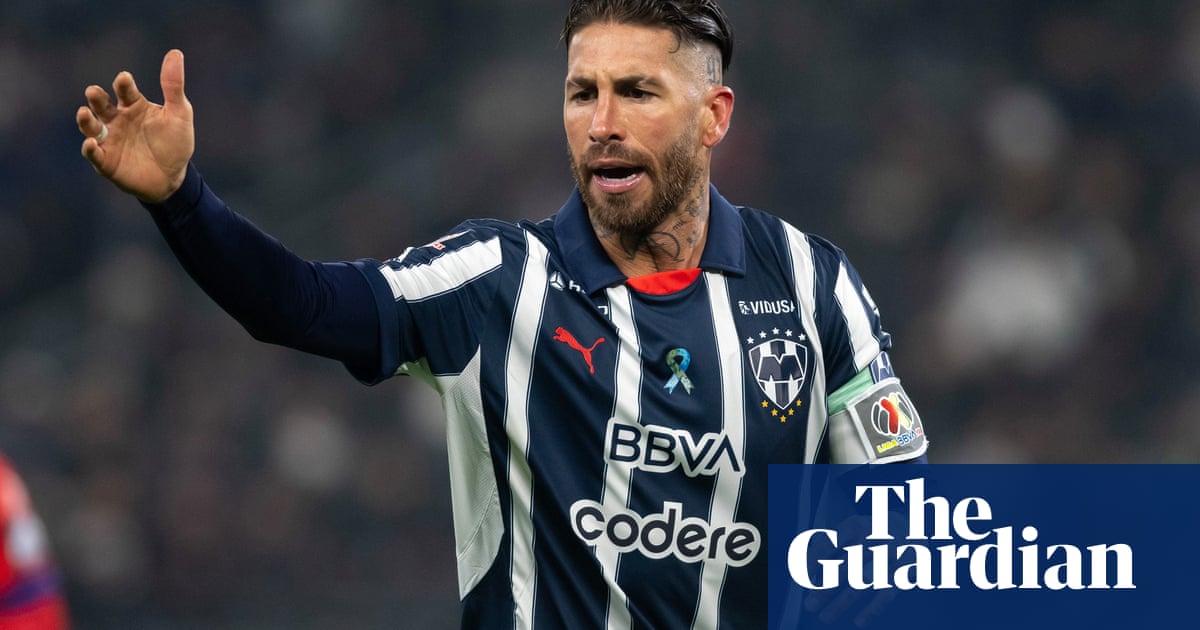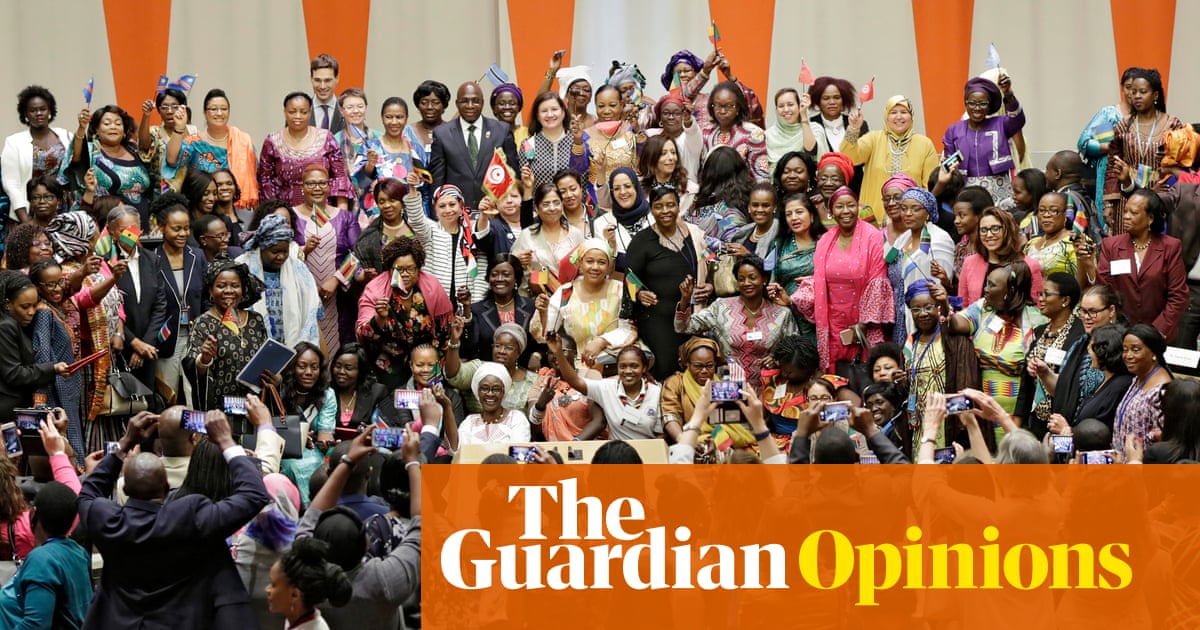On a recent Sunday afternoon in an upmarket neighbourhood of Nairobi, Daniel Badu was rapidly pressing the screen of his mobile phone, headphones wrapped around his head, his elbows resting on a pillow.
Badu and his four teammates in the Aura 233 team, all decked in black-and-yellow kits and representing Ghana, were taking on Kenya’s Delta eSports in the finals of the inaugural Carry1st Africa Cup, a continental tournament for the first-person shooter video game Call of Duty: Mobile.
Esport events are on the rise in Kenya and elsewhere in Africa, driven in part by increased access to the internet and devices such as smartphones, PCs and consoles. Popular titles include EA Sports FC, Call of Duty and Tekken.

Professional teams, university leagues, national federations and competitions such as the Carry1st Africa Cup have been set up to cater to burgeoning interest.
The trend is part of a growing interest in video games in general in Africa, the continent with the youngest population. A 2021 report said the number of video game consumers on the continent rose from 77 million to 186 million from 2015-21.
Some of those have now transitioned to professional gaming. Badu, better known by his gaming alias Ruin, started playing Call of Duty: Mobile in 2019 after playing console games for years.
“I’ve been playing video games for as long as I can remember,” said the 19-year-old. Badu began his journey to becoming a professional by joining various low-tier teams to gain experience, showcase his skill and get his name out. Last year, he was scouted by Ace Gamers Esports, a professional esports organisation based in Accra, which signed him after a trial.
Ace Gamers also recruits, trains and manages players of EA Sports FC, Apex Legends, Mortal Kombat and other games. Badu said being signed has given him a chance to improve his game by playing with people with the same mindset, as well as get access to tournaments. “I’ve been playing the game, grinding the game, and we’ve got it to this point. So, I’m able to compete among the best in Africa,” he said.

At the event in Nairobi, a production crew sat behind large monitors, selecting shots for a livestream. One floor below, spectators cheered and shouted while watching the action unfold on TV screens.
Six teams made it to the two-day Carry1st Africa Cup finals, which followed seven months of qualifying events in Egypt, Ghana, Kenya, Morocco, Nigeria and South Africa involving more than 100 teams, and was eventually won by South Africa’s Noxious Gaming (NxG).
“Esports events at a high scale are a great way to synergise the attention of all gamers and also grow the interest of new gamers,” said Dominion Eromosele, senior community manager and events lead at Carry1st, an Africa-wide game publisher headquartered in Cape Town.
The organisation has hosted more than 400 tournaments – mostly through universities – since it was founded in 2018. Its online network, Tribe, has attracted hundreds of thousands of gamers from across the continent.
Grassroots, national and continental tournaments are becoming an important way to spot talent, sharpen players’ skills and increase the popularity of esports. Other events organised this year include the IESF African Esports Championship, held in Casablanca in August, and the women-only Kongo Esports Championship for Tekken in Kinshasa in November.
after newsletter promotion

“Tournaments bring life to the ecosystem,” said Magdaline Mumbi, who represented Kenya at the Kinshasa tournament and came fourth. Mumbi, whose gaming moniker is Bambino, was a casual PlayStation gamer until six years ago when she entered a Tekken tournament at a university event and came second.
From that point, she started playing several games competitively while seeking mentors in Kenya’s esports community. She got her breakthrough in 2022 when she was selected to join the national team to play the Dota 2 battle arena game in the Global Esports Games in Turkey. “2022 allowed me to see the bigger picture of what esports looks like,” said Mumbi. “I can actually make money from this.”

In order to grow further and compete in the global billion-dollar esports industry, the African scene will need to overcome challenges around technology and finances.
Underdeveloped internet infrastructure often leads to poor connectivity. And because servers for most games are hosted outside Africa, there are often delays between playing devices and servers – a problem known as “high ping” – which makes intercontinental matches and matches between players in different African countries difficult.
“A good amount of esports is rooted in online multiplayer games and Africa doesn’t exactly have the best infrastructure [for this],” said Badu. “[African players] are at a heavy disadvantage.”
Carry1st is working to address that. In the past two years, it has partnered with game developers to help launch servers in Africa for Call of Duty: Mobile and the tactical shooter game Valorant.
On the financial front, player sponsorships are hard to come by and top, big-money tournaments are few and far between. The total prize pool for the Nairobi tournament was $15,000. “Limited funding and sponsorship is really taking a toll on the scene,” said Mumbi, who is also a chess instructor.
Eromosele said: “If we’re able to prove just how entertaining esports is and how many people watch it, people will put money behind it.”

 2 months ago
35
2 months ago
35
